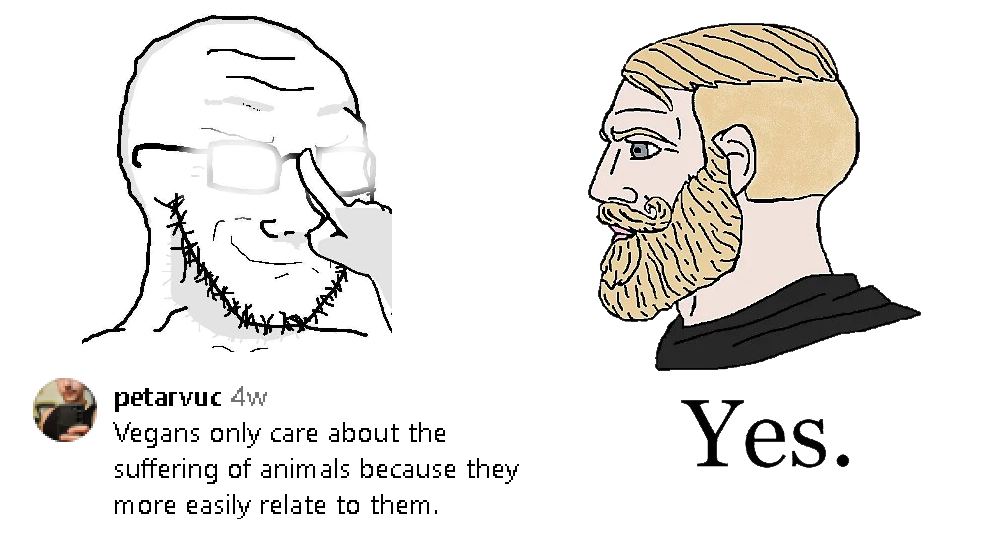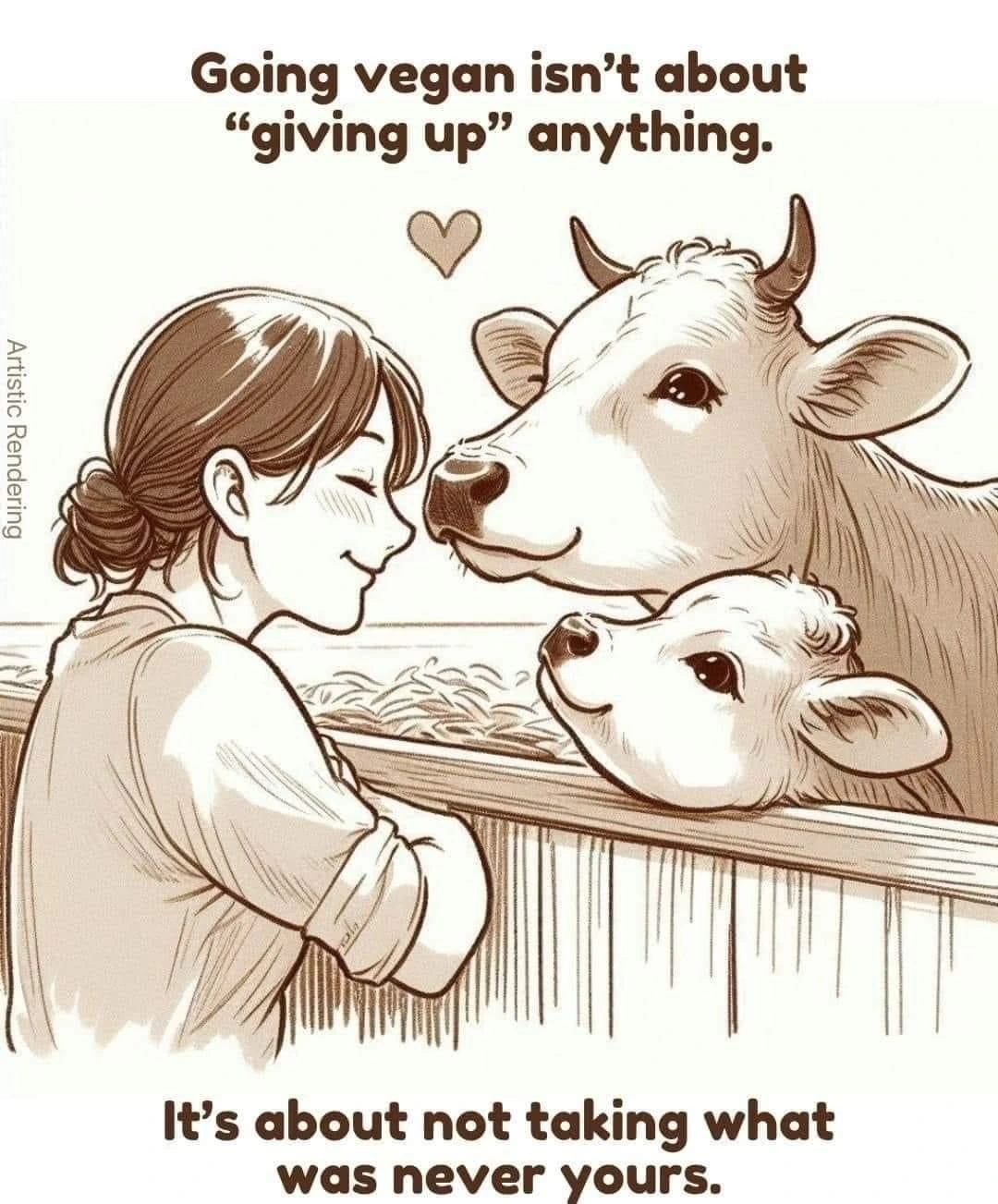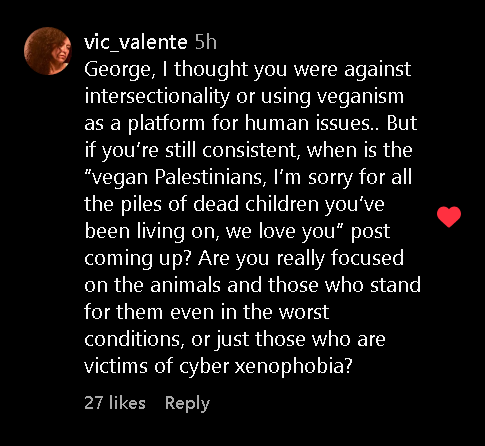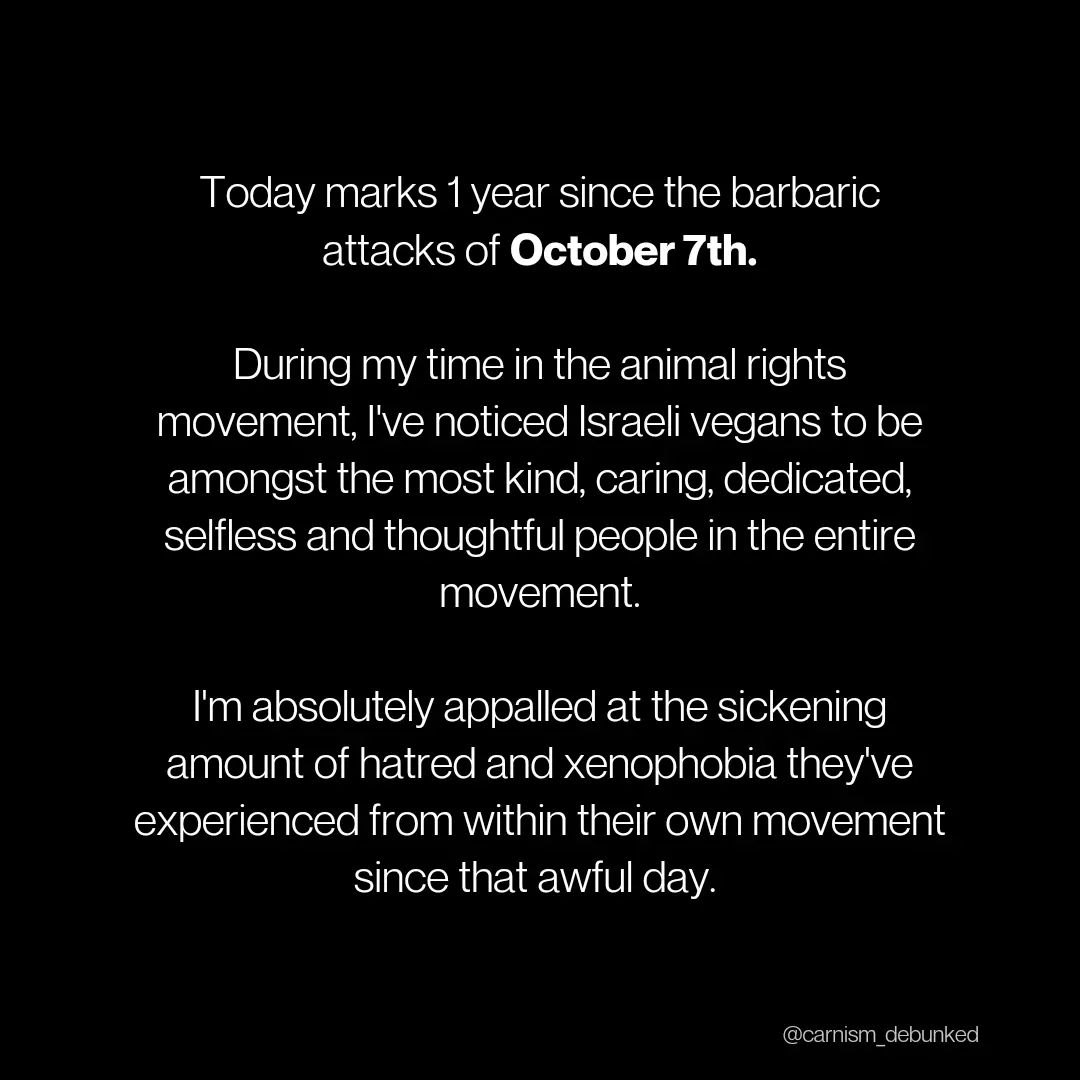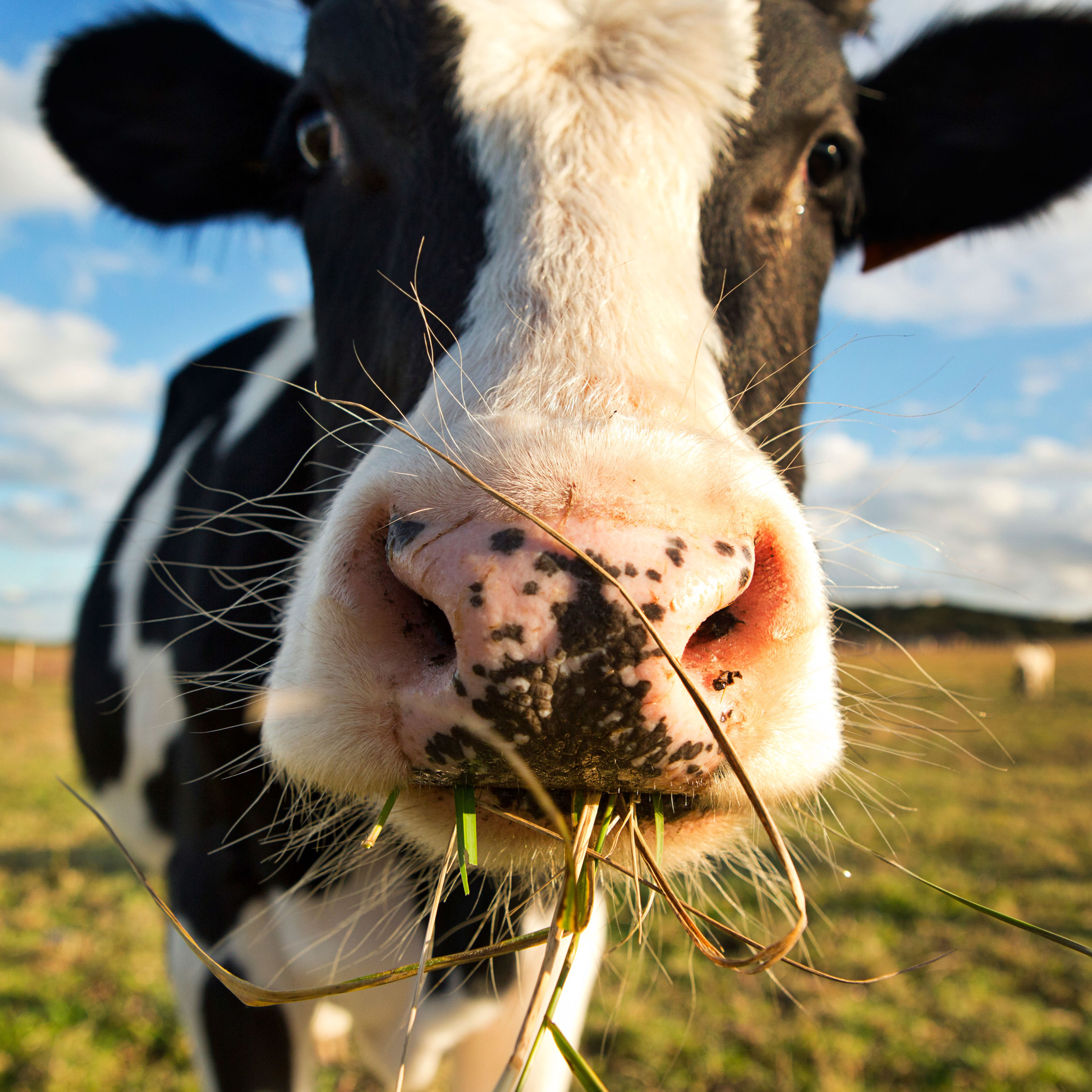3
69
5
50
9
24
12
20
14
46
15
13
18
16
19
26
25
20
view more: next ›
vegan
6780 readers
151 users here now
:vegan-liberation:
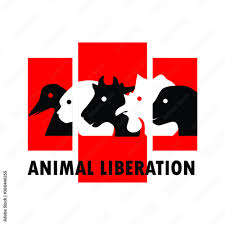
Welcome to /c/vegan and congratulations on your first steps toward overcoming liberalism and ascending to true leftist moral superiority.
Rules
No plant-based diet bullshit or promotion of plant-based capitalism.Veganism isn't about you, it's about historical materialist anti-speciesism, anti-racist animalization, and animal liberation. Ethical vegans only.No omni apologists or carnists.Babystepping is for libs, and we're not here to pat you on the back. Good faith questions and debate about how to fight for animal liberation are allowed.No advocating violence to any species for any reason.If you think this is negotiable GTFO. This includes but is not limited to animal testing, slaughter, and mass euthanasia. Anything that promotes speciesism or the commodification of animals will be removed.Use Content Warnings and NSFW tags for triggering content.Especially if a comrade requests it.Questions about diet belong inc/food. It's also a great place to share recipes.In all sections of the site, you must follow theHexbear.net Code of Conduct.
Resources
Animal liberation and direct action
- Animal Liberation Press (ALF)
- Wiki on Ethical Veganism
- Wiki on the Animal Liberation Front
- Wiki on Total Liberation
- Different approaches to AL direct action
- Earth First! manual and tactics
- Support prisoners of conscience: Vegan Prisoners Support Group (UK)
- If someone tells you to put some paint on your hands, tag some buildings and then go turn yourself into the police - your "rebellion" is a fucking op
Read theory, libs
- 18 Theses on Marxism and Animal Liberation
- Racism as Zoological Witchcraft: A Guide to Getting Out
- Animal Liberation
- The Death of Nature
- The Case for Animal Rights
- Anarchism and Animal Liberation
- Total Liberation
- The Unbearable Whiteness of Milk
- Speciesism as a Precondition to Justice
- Beasts of Burden: Animal and Disability Liberation
- Citations Needed on media portrayals of animal rights activists
- The Jungle
Vegan 101 & FAQs
- Black Vegans Rock resources page
- Animal Rights: The Abolitionist Approach FAQs
- 30 Non-Vegan Excuses & How to Respond to Them
- Guide to justifications for harming and exploiting animals
- Your Vegan Fallacy Is
- The Radical Left’s Top 10 Objections to Veganism (And Why They Suck)
- Animal Liberation Front FAQs
If you have any great resources or theory you think belong in this sidebar, please message one of the comm's mods
Take B12. :vegan-edge:
founded 4 years ago
MODERATORS

